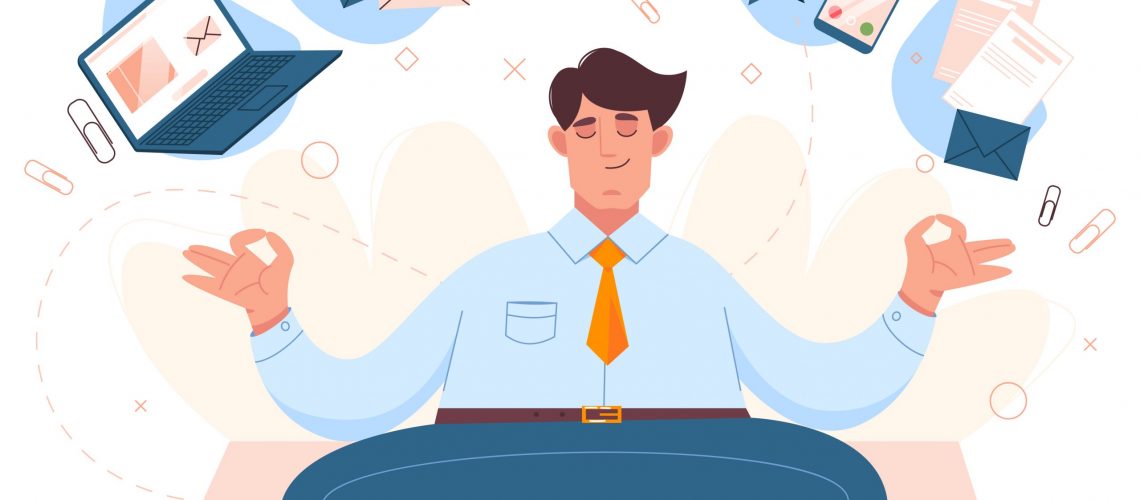Digital Intelligence (DI) has something to do with the skills needed to use technology more effectively. It’s not just being aware of vulnerabilities with overuse screens or knowing when to disconnect from your device, digital intelligence must include debugging a computer or use all the features of your smartphone or checking from whom the mail came from or checking the correct mail headers… and the list goes on and on.
DI will become vital for developing digital skills and digital profiles in this 21st Century digital age. There are eight basic DI principles that intellectuals across the globe have identified and they are: (1) Identity – Managing a healthy online identity (2) Use – Self monitoring screen-time usage (3) Security – Identifying situations of harassment and managing them (4) Protection – Detect threats and establish best practices, i.e. malware etc. (5) Privacy – Sharing of personal information discreetly, (6) Critical Thinking – Distinguish between true and false, (7) Finger Prints – Managing online presence responsibly, knowing long-term consequences, (8) Empathy – Feelings of both yourself and others.
The majority of netizens treat online platforms and smartphones as though they’re actually whispering in their best friend’s ears, seemingly unaware of the negative outcomes of sharing both personal and professional details in the virtual world and getting prone to social engineering attacks.
Social engineering is the practice/art of convincing people to compromise their electronic systems. Rather than targeting equipment or software, fraudsters target individuals who have access to information and manipulate their perceptions and make them divulge information using deception, influence, or persuasion tactics. Below are few digital intelligence tools for our consumption.
Few Digital Intelligence Tools :
1) εxodus analyses Android applications. It looks for embedded trackers and lists them. It does not decompile applications and its analysis technique is entirely legal. https://reports.exodus-privacy.eu.org/en/
2) Lightbeam for Chrome uses interactive visualisations to show users the relationship with third parties, i.e., how corporates share data. https://myshadow.org/resources/lightbeam?locale=en
3) Have I Been Pwned searches multiple data breaches to determine whether your email address or phone number has been compromised or leaked.https://amibeingpwned.com
4) The OSINT framework is designed to gather information from freely available tools or resources.The intention is to help people find free OSINT resources. https://osintframework.com
5) Allowing subscribers to telecom confirm their registered numbers and remove numbers that were registered without their knowledge.https://tafcop.dgtelecom.gov.in
6) Open Source data collections by security professionals and forensic investigators — https://www.maltego.com/
7) We can view the following information: location history, device information, voice and audio activity, YouTube Search History, and YouTube Watch History.https://myactivity.google.com
8) Namechk checks the availability of your username idea (even random words) as a domain name and username on dozens of social channels and online platforms.https://namechk.com/
9) TinEye is an image search and recognition company. In simple terms, it’s a way of fact checking an image published online (Reverse Image Check). https://www.tineye.com
10) View Exif Data is a tool for extracting the exif metadata that is embedded in photos taken with digital cameras and stored as images, We can get (Date / Camera / Location etc., where it was taken). https://exifdata.com/
11) We are always worried that short links received via SMS, WhatsApp, and email may not lead to where they’re meant to, and may damage your computer or your private data. Here is a way to check complete url details of short links. https://www.unshorten.it
12) Isitphishing service assists you in protecting your identity, data, and computer from threats and viruses; we can check if a website is engaging in phishing activity. https://isitphishing.org/
13) This tool will make email headers human readable. We can check the complete email header. https://mxtoolbox.com/EmailHeaders.aspx
14) Research domain ownership with Whois Lookup, i.e., get ownership info, IP address history, rank, traffic, SEO & more. http://whois.domaintools.com/
15) Archive-It enables you to capture, manage, and search collections of digital content without any technical expertise or hosting facilities. Check the old version of the target website. https://archive.org/web
16) Communicate on WhatsApp without even adding his phone number to your contact list.https://wa.me/+91Number
17) Allowing subscribers to identify the sender of bulk SMS.https://smsheader.trai.gov.in/
18) Platform for determining whether the video was genuine or a deepfake.https://platform.sensity.ai/deepfake-detection
Summary:
We are in the Fourth Industrial Revolution, our lives become increasingly connected, the health and personal wellbeing of the individuals will depend on how much we know about digital intelligence. Almost all age groups of people are already immersed in the digital world and they have everything at their fingertips so therefore it is equally important to create a safer ecosystem digitally that will help them to distinguish the credible and questionable information & behaviour on internet.



